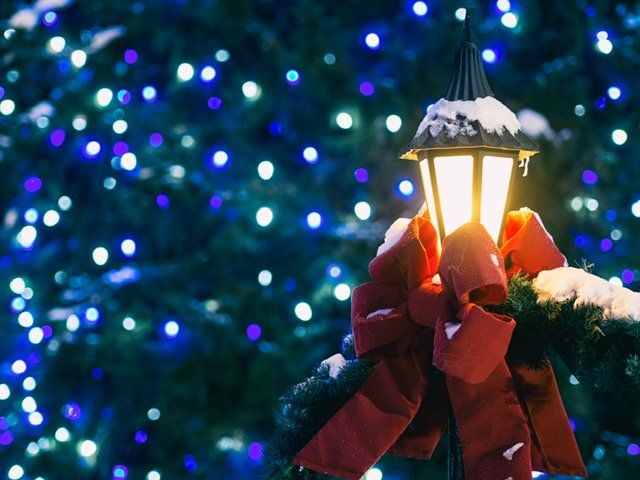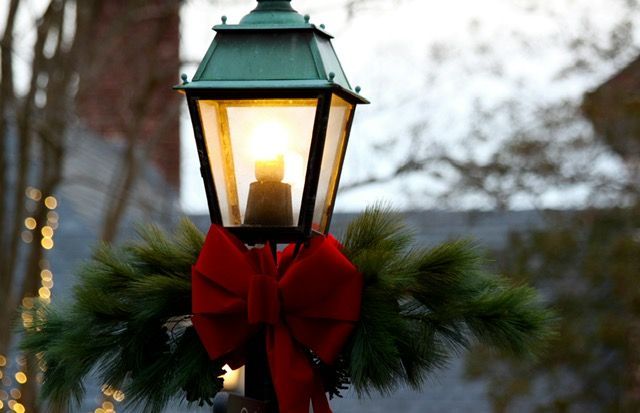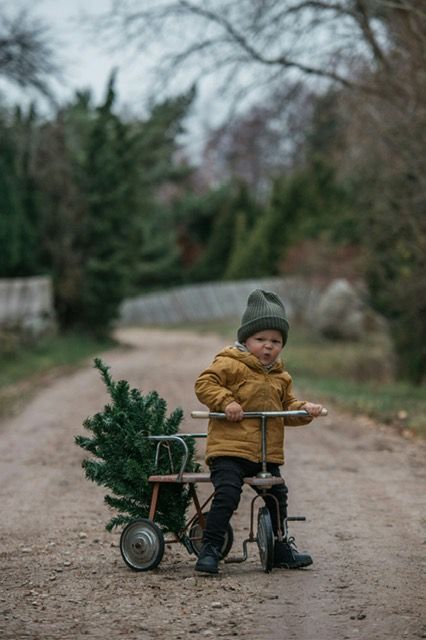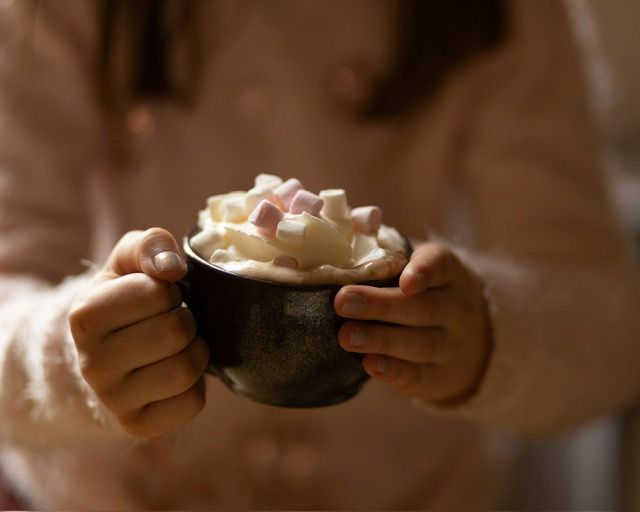The Effects of Holiday Rituals: Warm Nostalgia or Holiday Blues?

By Cindy Rose, M.A., LPC-C
As we approach the holiday season of Christmas and the New Year, I am abounding with gratitude as I reflect on the blessings and events of the past year. I am also filled with hope and optimism for a peaceful, healthy, and meaningful future. Hope and optimism are powerful motivating factors for psychological well-being. God’s word encourages us, “May the God of hope fill you with joy and peace in believing, so that by the power of the Holy Spirit you may abound in hope.” (Romans 15:13) While anticipating the celebration of the Christmas miracle and the hope of the New Year, I am reminded of the holiday rituals that have strengthened my beliefs, values, and sense of belonging.
Holiday rituals of colorful decorations and lights, the smell of Christmas cookies, and watching holiday movies (“Elf” is one of my favorites) and time spent with family and friends elicit joyful memories and warm nostalgia. Nostalgia is a social-emotional experience that unifies us with our loved ones while reminding us of our identity across time. The stored positive memories of past celebrations can be a stabilizing force to comfort us during difficult times of transition or change. The memories serve as a reminder of the past when we felt unconditional love and support from our families. Nostalgia can be viewed as a coping mechanism for reflecting on happier times when we feel anxious, depressed, or fearful.
Unfortunately, holiday rituals may also elicit the holiday blues for people who have endured family instability due to a variety of things from divorce, the death of a loved one, a job loss or even domestic abuse. This can leave us vulnerable to risk of loneliness, high stress environments, and painful emotions. Holiday activities can be demanding and interrupt our everyday routines. They can also create unrealistic expectations of what the celebrations “should” be like considering changes in the family dynamic, which can cause additional anxiety and depression.
Maybe you or a loved one is suffering from difficult family relationships or circumstances and experiencing the holiday blues. I experienced the holiday blues several years ago as I endured an extremely painful and personal loss. I struggled to process the grief and anger of the event for several years and to find a “new normal” for my life. It was by the grace of God and the kindness and support of family and close friends that I was able to heal and truly enjoy the hope of the holidays again. I feel blessed to have overcome my difficulties as an adult, but for too many others the pain and suffering of trauma or even childhood abuse has endured long into adulthood.
Nostalgia may be a painful reminder of the love and support some never received. During my time in the field of mental health, I have helped individuals cope with unfathomable grief, establish healthy boundaries in dysfunctional family relationships, and overcome abuse inflicted more often than not by a family member. If the holidays were difficult, frightening or
sad during childhood, individuals can easily be triggered by the sights and sounds of the season even as an adult.
Here are some ideas for dealing with the holiday blues, as we walk through this season:
Suggestions for surviving the holiday blues
- Time for self-care by means of exercise, adequate rest and nutrition, and engaging in creative outlets.
- Be aware of your triggers, remind yourself it is just a trigger, it will pass, then practice healthy coping strategies.
- Create new traditions.
- Prioritize your emotional health.
- Surround yourself with the people who matter to you.
- Express and set healthy boundaries with family members.
- Give yourself permission to say “no” and to leave events when feeling overwhelmed.
Author: Cindy Rose, LPC Candidate. Cindy is a Licensed Professional Counselor Candidate and a clinical member at Transforming Life Counseling Center.

© 2021 Transforming Life Counseling Center • Privacy Policy • Site by NetPro Consulting





